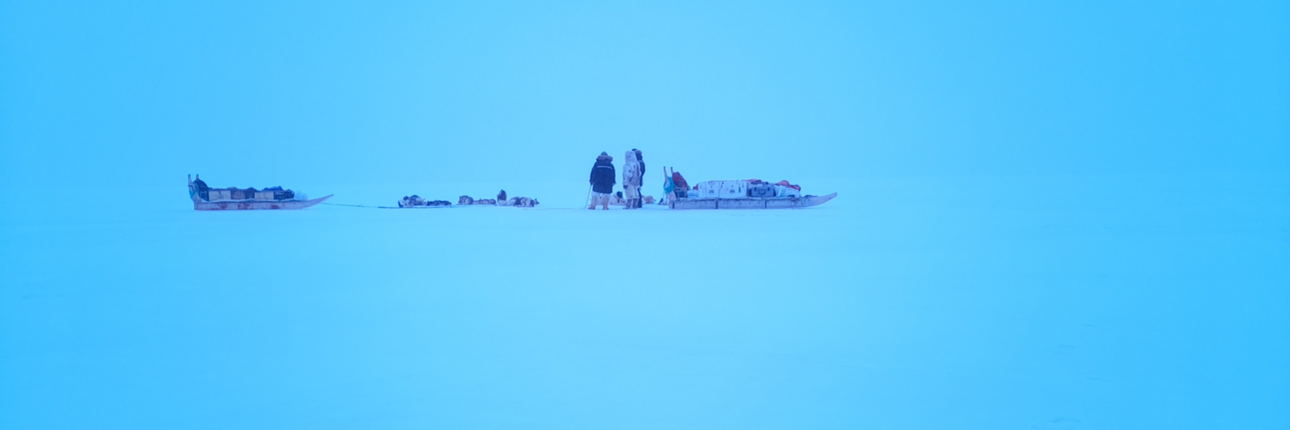


Climate scientist at DMI, Danish/British dual national, married Dutch, interested in glaciers, ice sheets, atmosphere and climate in Arctic, Greenland, Antarctic
Coordinator of #OCEANICE
WP lead on #PolarRES + #ProtectSLR
Mine dansksprogede toots er i helvede
#climate #science #openresearch #IceSheets #Greenland #Antarctica #cycling #kayaking #biodiversity #Arctic #Glaciology #Weather #Atmosphere #OA #PolarPortal #HorizonEurope #SeaLevelRise #fedi22 tootfinder
This profile is from a federated server and may be incomplete. Browse more on the original instance.
New Antarctic extremes 'virtually certain' as world warms (phys.org)
Extreme events in Antarctica such as ocean heat waves and ice loss will almost certainly become more common and more severe, researchers say....
Is there another Wagner insurrection coming? (www.youtube.com)
Prigozhin's coup against Putin failed, but it may have created the conditions that are necessary for success in a second attempt.